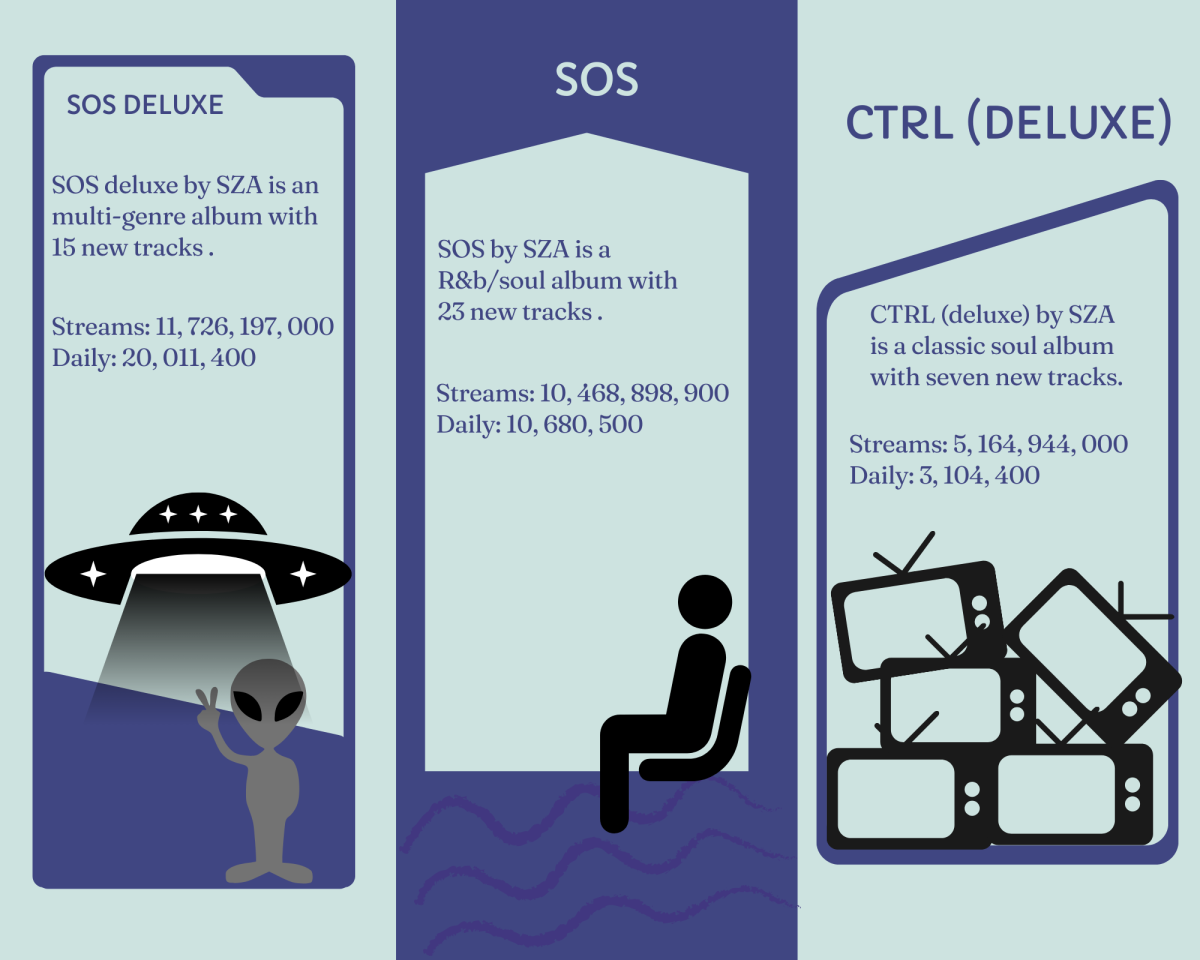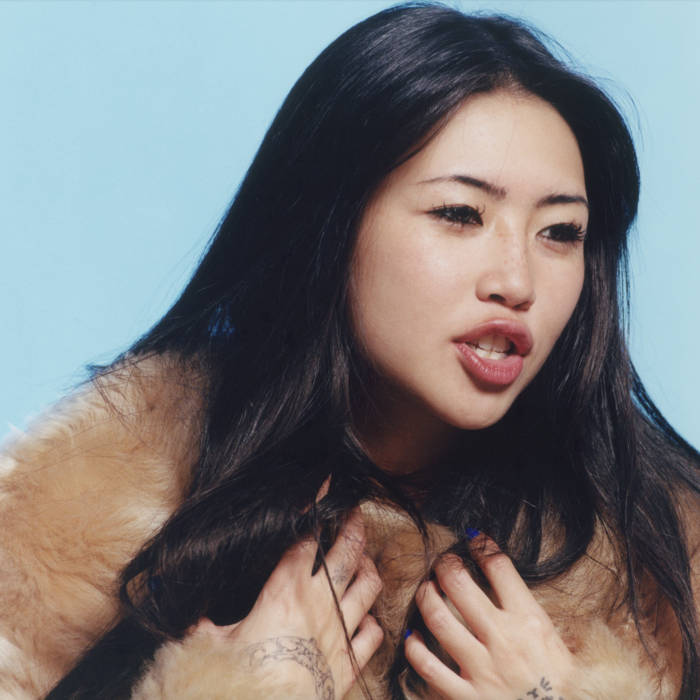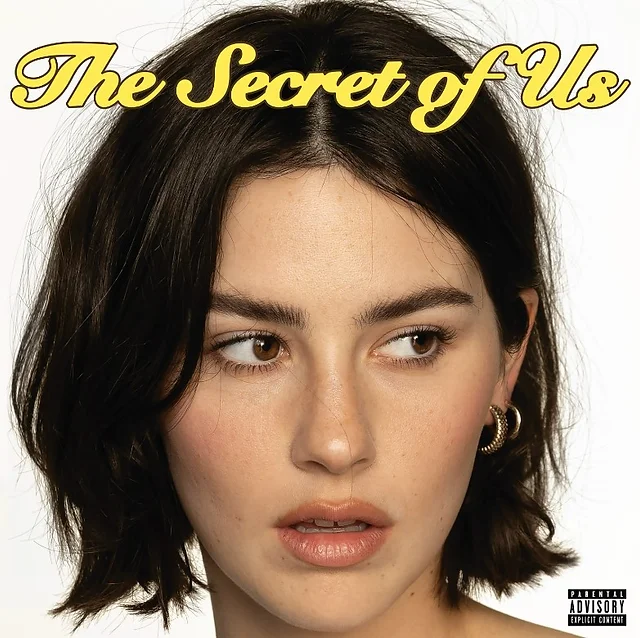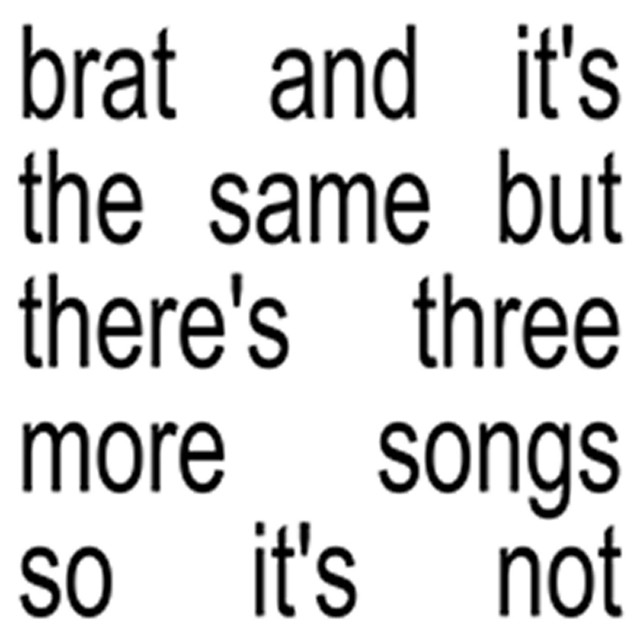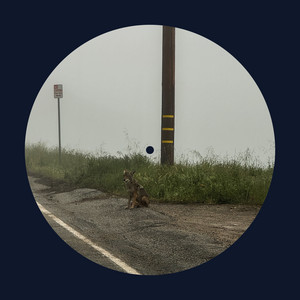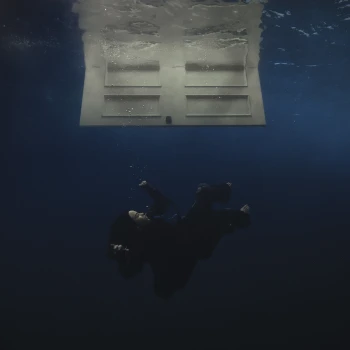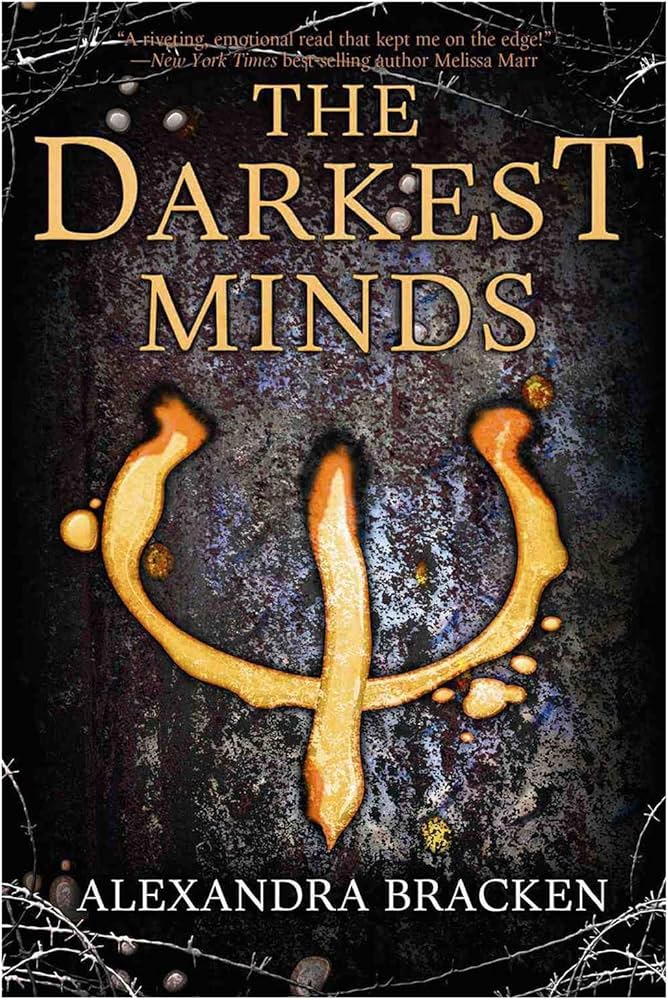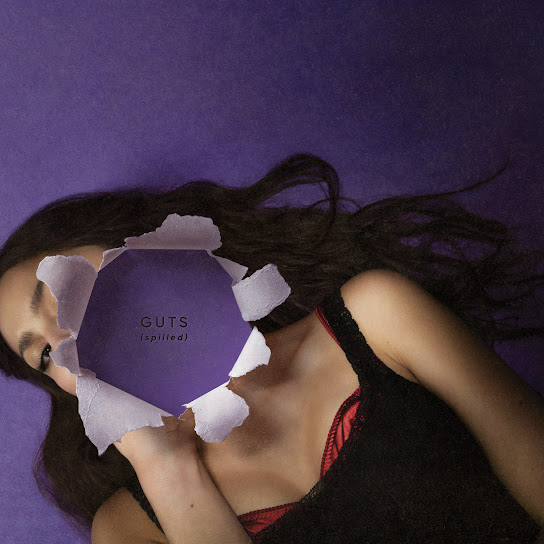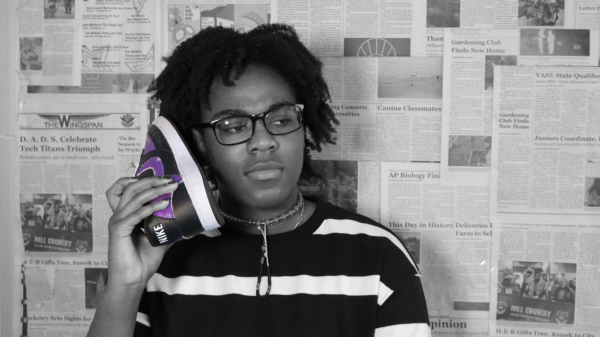Conan Gray released his fourth studio album, “Wishbone,” on Aug. 15 which is a huge departure from his previous album, “Found Heaven.” While on “Found Heaven,” Gray discussed coming to terms with and exploring his own sexuality while growing up in a religious household. “Wishbone,” on the other hand, tells the story of a person going through a breakup: a breakup where you thought you two would stay together for an eternity, but the world had other plans. While the story itself isn’t original it’s the way Gray tells it that makes it unique, this being the first heartbreak album he’s written about going through a breakup having actually gone through a breakup. Gray explores the cycle of grief one goes through to overcome this emotional toll with only 12 tracks out of the 300 he had originally written.
“Wishbones is one of the only wishing rituals that requires two people, and it reminds me a lot of relationships-because there is always one winner and one loser,” Gray said on the “Today” show.
Gray, in this album explains what it is like to be the “loser” of the relationship. From a storytelling perspective, the album is beautiful. It opens with the track “Actor,” in which Gray talks about being in a secret relationship that he was so emotionally invested in that when it ended, he did not know what to do with himself. The worst part was that he could not talk about it because it was meant to be hidden.
He knows that he will not be able to move on from this love as easily as the other person. “Let’s just pretend nothing happened, I agree/ But you’re a much better actor than me,” Gray, in this line, kills, because he doesn’t want to forget; he does not want to move on, and watching his ex-partner move on easily is painful for him to watch.
Where albums like “Superache” and “Found Heaven” explore a more juvenile love, “Wishbone” tells a story of a more mature individual dealing with the complexities of love. With tracks like “Nauseous,” where Gray explores the idea of wanting to be loved, but he cannot allow himself to fall in love with an objectively perfect person, so he goes back to what’s familiar to him.
“And maybe that’s why I feel safe with bad guys, because when they hurt me/ I won’t be surprised,” this album is a perfect representation of what it’s like to grow up and start to better understand that love doesn’t come as easily as you might think.
I think this change in storytelling maturity is a testament to Gray growing up with his music over the years. When Gray first began releasing music, he was only eighteen years old, using a portable microphone attached to a lamp.
Now, he’s grown up and gone through more mature situations that have changed him fundamentally; his music better reflects that change from a teenager to a man of almost thirty and it’s clear that he’s only going to continue to grow and evolve from here, which I can’t wait to see.




